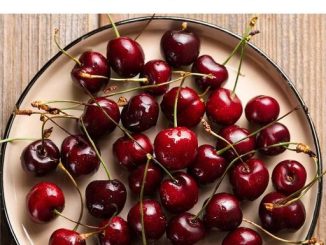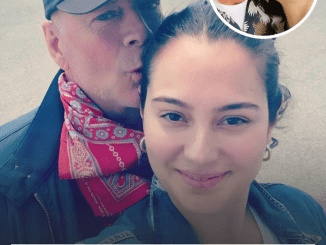Life can be hectic, and between work, family, and daily routines, it’s easy to neglect proper nutrition. While we try to balance macronutrients like proteins, carbs, and fats, we often overlook essential micronutrients—vitamins and minerals that play crucial roles in keeping us healthy. Unfortunately, nutrient deficiencies can lead to visible signs that our body is lacking the essentials it needs to function optimally. Dr. Saurabh Sethi, a California-based gastroenterologist, recently shared five telltale signs that could indicate your body is craving more nutrients. From brittle nails to easy bruising, these signs are your body’s way of saying, “I need more!”
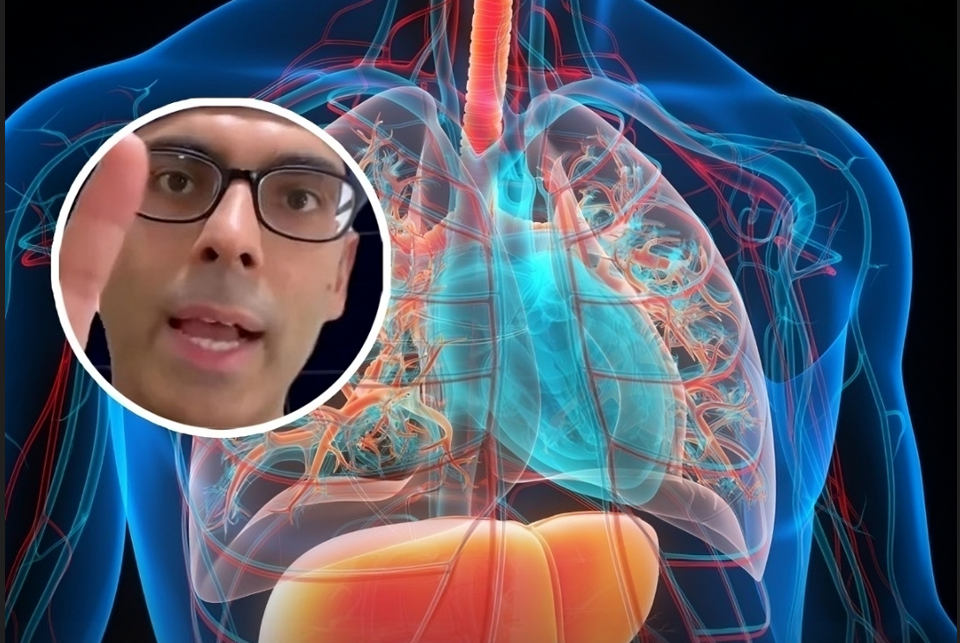
1. Brittle Nails: Could It Be Iron or Protein Deficiency?
Do you often notice your nails breaking or becoming unusually thin and brittle? This could be a sign that you’re not getting enough protein or iron in your diet.
- Why It Happens: Nails are made primarily of keratin, a protein that provides strength and structure. Iron, on the other hand, is essential for red blood cell production and oxygen transport. A lack of either nutrient can weaken your nails, making them more prone to breaking.
- Other Causes: While nutrient deficiencies are a common cause, brittle nails can also result from other factors like aging, frequent use of nail polish remover, or living in dry climates.
- What to Eat: Incorporate more iron-rich foods like red meat, poultry, fish, spinach, and beans into your diet. To boost protein intake, focus on lean meats, eggs, dairy products, tofu, and legumes. The average adult needs around 54g of protein per day, according to Harvard Medical School.
Brittle nails may seem like a minor issue, but they can signal deeper nutritional gaps that should not be ignored.
2. Twitching Eyelids: A Sign of Magnesium Deficiency?
Have you ever experienced involuntary twitching of your eyelids? This peculiar phenomenon, scientifically known as Myokymia, can be both annoying and concerning.
- Why It Happens: Magnesium is a crucial mineral that helps transmit nerve impulses and maintain muscle function. A deficiency in magnesium can lead to muscle spasms or twitching, including around the eyes.
- Other Triggers: While magnesium deficiency is one reason for twitching, stress, fatigue, and excessive caffeine consumption can also contribute. In today’s digital age, spending too much time staring at screens can also be a trigger.
- What to Eat: Increase your intake of magnesium by adding foods like nuts, seeds, whole grains, leafy greens, and dark chocolate to your diet. If you suspect a significant deficiency, consult your doctor before considering supplements.
Magnesium plays a pivotal role in muscle health and nervous system function, making it essential to keep these twitching episodes at bay.
@doctorsethimd 5 Signs Your Body Needs More Nutrients ‼️🚨 Doctor Sethi #medical ♬ original sound – Doctor Sethi ⚡️
3. Clicking Joints: Could It Be Calcium or Vitamin D Deficiency?
Do your knees or ankles make clicking sounds when you move? While this can be a normal part of aging, it can also signal a deficiency in calcium or vitamin D.
- Why It Happens: Calcium is fundamental for bone health, while vitamin D helps the body absorb calcium more effectively. A lack of either can result in weaker bones, which may cause joints to click or pop more frequently.
- Other Factors: Clicking joints can also occur due to dehydration, joint injuries, or overuse. However, when it becomes a frequent issue, it’s worth evaluating your nutrient intake.
- What to Eat: To increase calcium levels, add more dairy products, fortified plant-based milks, leafy greens, and canned fish like sardines or salmon to your diet. For vitamin D, exposure to sunlight is beneficial, but you can also find it in fatty fish, egg yolks, and fortified foods.
Ensuring adequate levels of calcium and vitamin D is essential not only for strong bones but also for overall mobility and flexibility.
4. Premature Greying of Hair: Could It Be a Lack of Vitamin B12 or Copper?
Nobody looks forward to seeing grey hairs, especially at a young age. If you notice your hair turning grey before age 20 (for white people) or 30 (for people of African descent), it could indicate a deficiency.
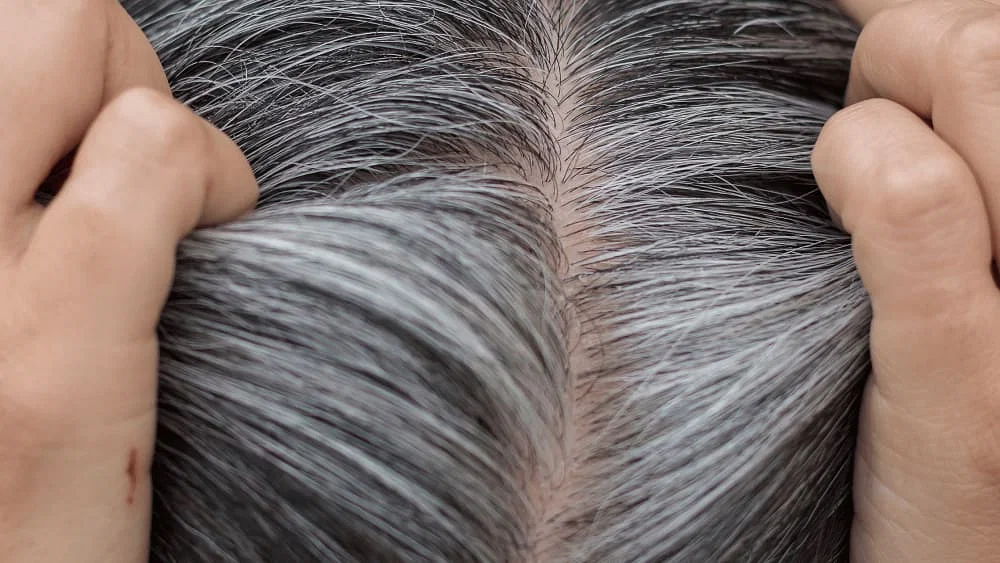
- Why It Happens: Vitamin B12 plays a vital role in red blood cell production and oxygen transport to hair follicles, while copper is crucial for melanin production, which gives hair its color.
- Other Causes: Genetics, stress, and lifestyle factors can also contribute to premature greying. However, nutritional deficiencies can accelerate the process.
- What to Eat: To boost B12 levels, include more animal-based foods like meat, fish, eggs, and dairy. If you follow a vegetarian or vegan diet, consider fortified foods or B12 supplements. For copper, opt for foods like nuts, seeds, shellfish, and whole grains.
While a few grey strands might seem like a cosmetic issue, they could hint at a deeper nutrient deficiency that requires attention.
5. Easy Bruising: Is It Due to a Lack of Vitamin C or Vitamin K?
Do you find yourself bruising easily, even from minor bumps? While age and genetics can be factors, frequent bruising could indicate low levels of vitamin C or vitamin K.
- Why It Happens: Vitamin C is essential for collagen production, which helps maintain the integrity of blood vessels and skin. A deficiency can make blood vessels more fragile, leading to easy bruising. Vitamin K, on the other hand, plays a key role in blood clotting, which helps stop bleeding.
- Other Contributing Factors: Easy bruising can also be linked to medications, certain medical conditions, or simply thinner skin as you age. However, addressing potential nutrient gaps can help reduce the frequency of bruising.
- What to Eat: Boost your intake of vitamin C by eating more citrus fruits, bell peppers, strawberries, and broccoli. For vitamin K, focus on leafy greens like spinach, kale, and broccoli.
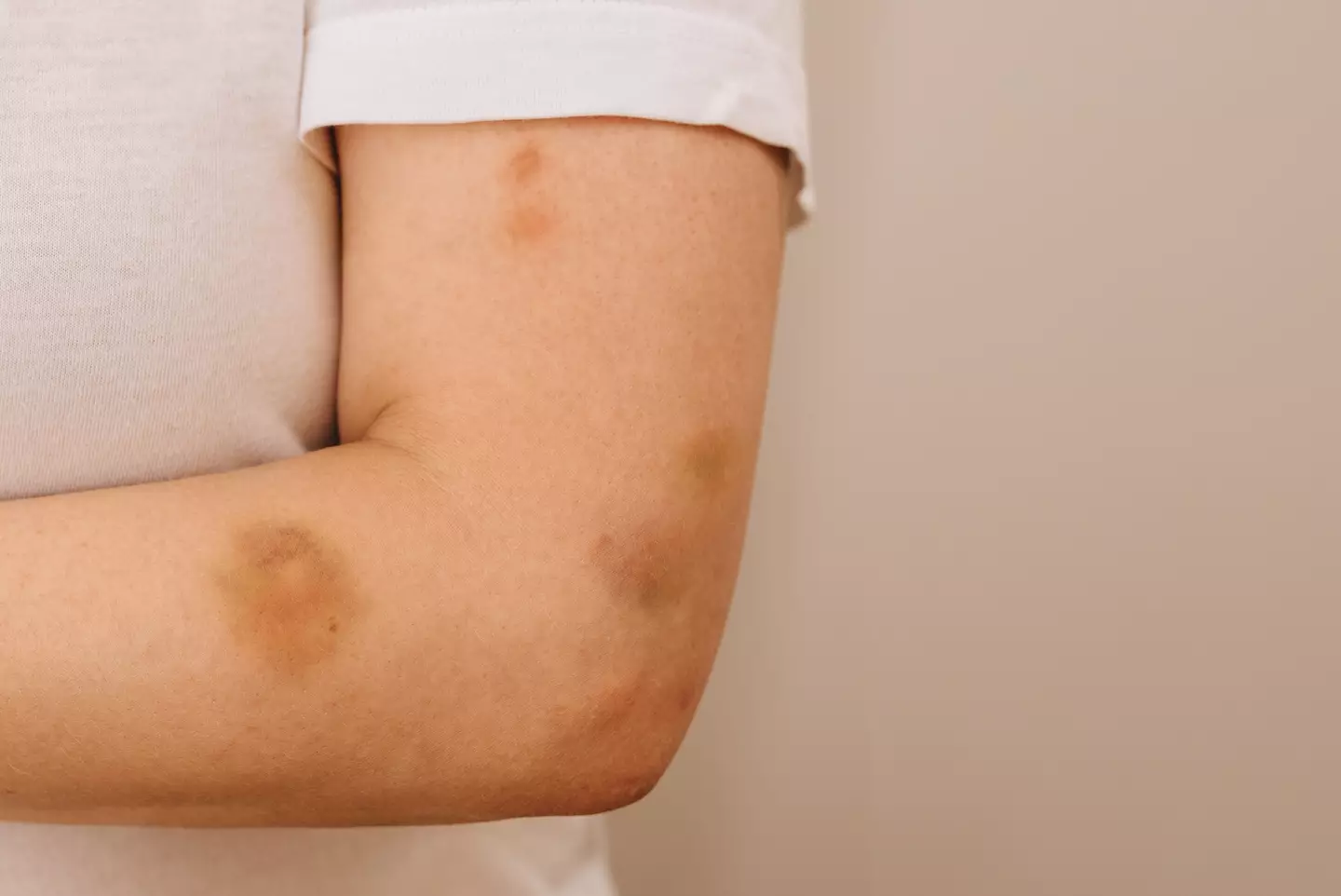
Bruising easily can be more than just a cosmetic concern—it can be a sign that your body needs more of these essential vitamins to maintain healthy skin and blood vessels.
Conclusion: Listen to Your Body’s Nutritional Needs
Your body has a remarkable way of signaling when it’s not getting the nutrients it needs. Whether it’s brittle nails, twitching eyelids, clicking joints, premature greying, or easy bruising, these signs should not be ignored. By paying attention to these subtle clues, you can address potential deficiencies before they lead to more serious health issues. Prioritizing a balanced diet rich in both macronutrients and micronutrients is the key to keeping your body healthy, strong, and resilient.
If you notice any of these signs, it’s a good idea to consult a healthcare professional for a full evaluation. After all, nutrition is one of the building blocks of good health—so give your body what it needs to thrive!

